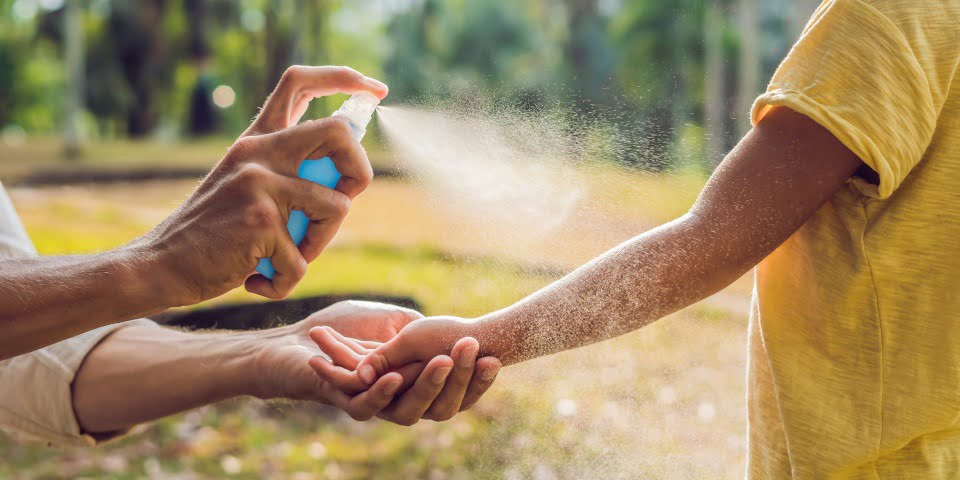With more than 380 notified cases of Buruli ulcers in Victoria last year, researchers are searching for answers related to the puzzling condition.
The state’s Department of Health and Human Services has reported a rapid increase in notifications of Buruli ulcers over the last few years, with most cases linked to the Mornington Peninsula region.
The ulcers are caused by a bacteria, Italics>Mycobacterium ulcerans<Italics, getting into the skin. As the bacteria grows, it releases toxins which rot the skin, ultimately leading to an ulcer. If untreated, the infection can eventually eat away at the bone.
Victims typically develop large, fluid filled blisters that contain dead flesh. Surgery is often required to cut them out.
With the rapid rise in reported cases now breaking records, health authorities are trying to establish what the tropical bacteria, usually found in Africa and South America, is doing in Victoria.
It is understood the infection is picked up from the environment, with growing evidence to suggest mosquitoes are part of the process. While it’s not yet known exactly how humans become infected with the bacteria, or even where in the environment the bacteria prefer to live, it’s not thought to be spread person-to-person.
The Department is working with researchers to understand how the infection is spread and to identify ways to intervene to reduce future infections.
Experts have been working over the past few weeks in the Mornington Peninsula, collecting faecal samples from possums, collecting soil samples, laying mosquito traps and conducting field surveys of residential properties.
The research team is also looking for local residents to take part in the case-control study by filling out questionnaires. It is also considering possible risk factors and how people may become infected. Participants don’t need to have been diagnosed with Buruli ulcer to take part in this study.
Until more is known about how this disease is spread, people are advised to protect from possible sources of transmission by:
- Using suitable insect repellents and wearing long clothing, especially during the warmer months.
- Covering cuts or abrasions.
- Promptly washing any scratches or cuts received while working outdoors.
- Seeing a medical professional if they have a skin lesion, and mentioning the possibility of Buruli ulcer.










